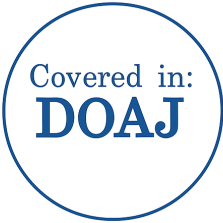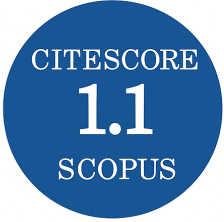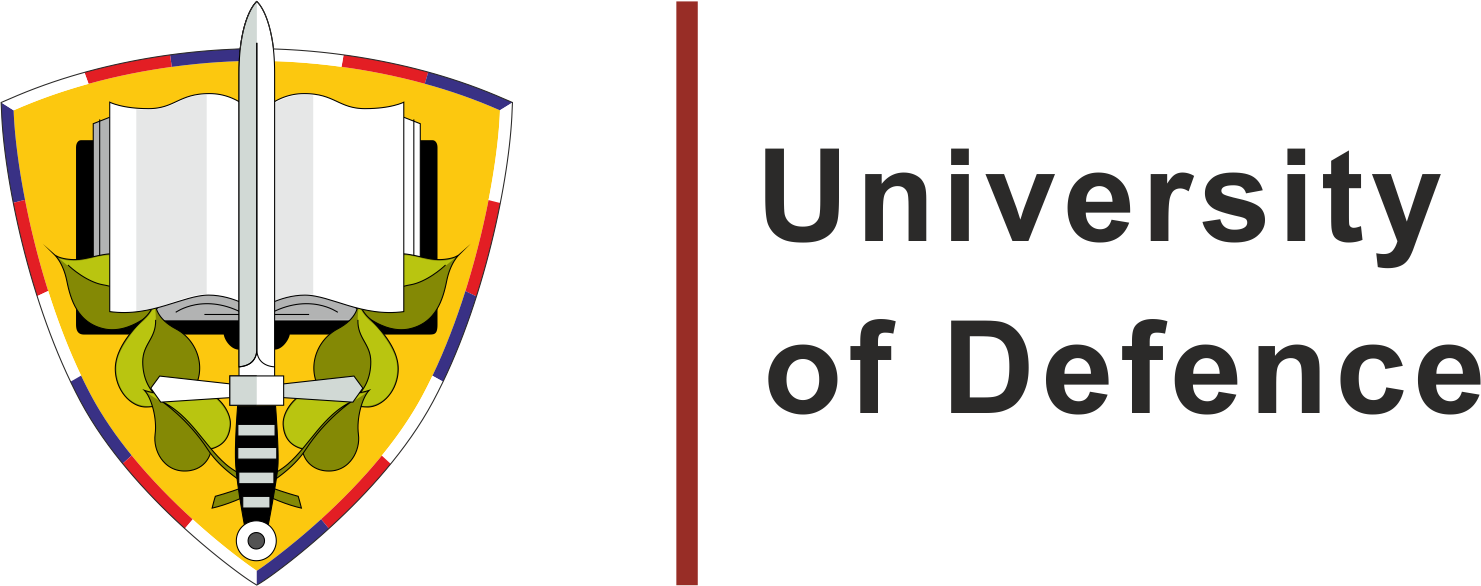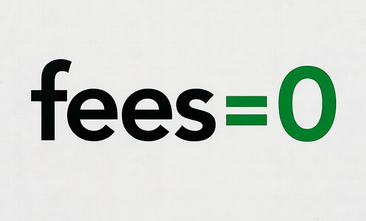Parametric Adaptation as an Element of Mathematical Models Qualimetry of Complex Processes
DOI:
https://doi.org/10.3849/aimt.01541Keywords:
analytical and simulation models, complex process, parametric adaptation of analytical models, qualimetry of modelsAbstract
A possible approach to ensuring the necessary qualitative properties of analytical models by adapting their parameters to probable changes in the course of complex processes is considered. The approach involves the use of a polymodel description of processes with the aim of mutual compensation of the objective shortcomings of heterogeneous models, as well as the use of simulation modeling capabilities to adjust the parameters of analytical models in cases where the use of the latter is due to strict limitations on the time of obtaining calculation results and developing control influences based on them. The considered example of parametric adaptation of the Lanchester-type model reflects probable changes in the number of opposing sides during the conduct of hostilities.
References
MIKONI, S.V., B.V. SOKOLOV and R.M. YUSUPOV. Qualimetry of Models and Polymodel Complexes (in Russian). St. Petersburg: Nauka, 2018. DOI 10.31857/S9785907036321000001.
RUMYANTSEV, M.I. On the Problem of the Adequacy Estimation of Simulation Models of the Banking Business Processes. In: Conference Proceedings SWorld. Odessa, 2010, 15, pp. 84-93. ISBN 978-966-555-152-2.
SMITH, J.S., D.T. STURROCK and D.W. KELTON. Simio and Simulation: Modeling, Analysis, Applications. 4th ed. Scotts Valley: CreateSpace, 2017. ISBN 1-54-646192-0.
LAW, A.M. Simulation Modeling and Analysis. 5th ed. New York: McGraw-Hill Education, 2015. ISBN 978-0-07-340132-4.
BALCI O. Validation, Verification and Testing Techniques throughout the Life Cycle of a Simulation Study. Annals of Operation Research, 1994, 53, pp. 121-173. DOI 10.1007/BF02136828.
Joint Conflict and Tactical Simulation Capabilities Brief [online]. 2018 [viewed 2021-10-06]. Available from: https://csl.llnl.gov/sites/csl/files/JCATS-LLNL-Brochure-30May2018.pdf
JTLS-GO Executive Overview [online]. 2021 [viewed 2021-10-10]. Available from: https://www.rolands.com/jtls/j_vdds/executive_overview.pdf
ARTEMIEV, S.S. and T.A. AVERINA. Numerical Analysis of Systems of Ordi-nary and Stochastic Differential Equation. Berlin: De Gruyter, 1997. ISBN 978-90-6764-250-7.
DEBRABANT, K. and A. ROESSLER. Classification of Stochastic Runge–Kutta Methods for the Weak Approximation of Stochastic Differential Equations. Mathematics and Computers in Simulation, 2008, 77(4), pp. 408-420. DOI 10.1016/j.matcom.2007.04.016.
Downloads
Published
License
Copyright (c) 2022 Advances in Military Technology

This work is licensed under a Creative Commons Attribution-NonCommercial 4.0 International License.
Authors who publish with this journal agree to the following terms:
1. Authors retain copyright and grant the journal right of first publication with the work simultaneously licensed under a Creative Commons Attribution License that allows others to share the work with an acknowledgement of the work's authorship and initial publication in this journal.
2. Authors are able to enter into separate, additional contractual arrangements for the non-exclusive distribution of the journal's published version of the work (e.g., post it to an institutional repository or publish it in a book), with an acknowledgement of its initial publication in this journal.
3. Authors are permitted and encouraged to post their work online (e.g., in institutional repositories or on their website) prior to and during the submission process, as it can lead to productive exchanges, as well as earlier and greater citation of published work.
Users can use, reuse and build upon the material published in the journal for any purpose, even commercially.






